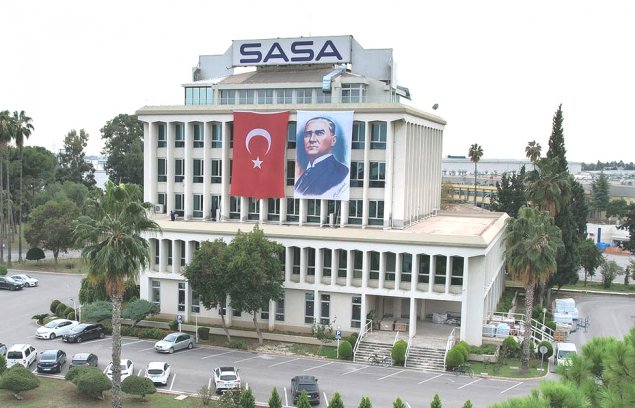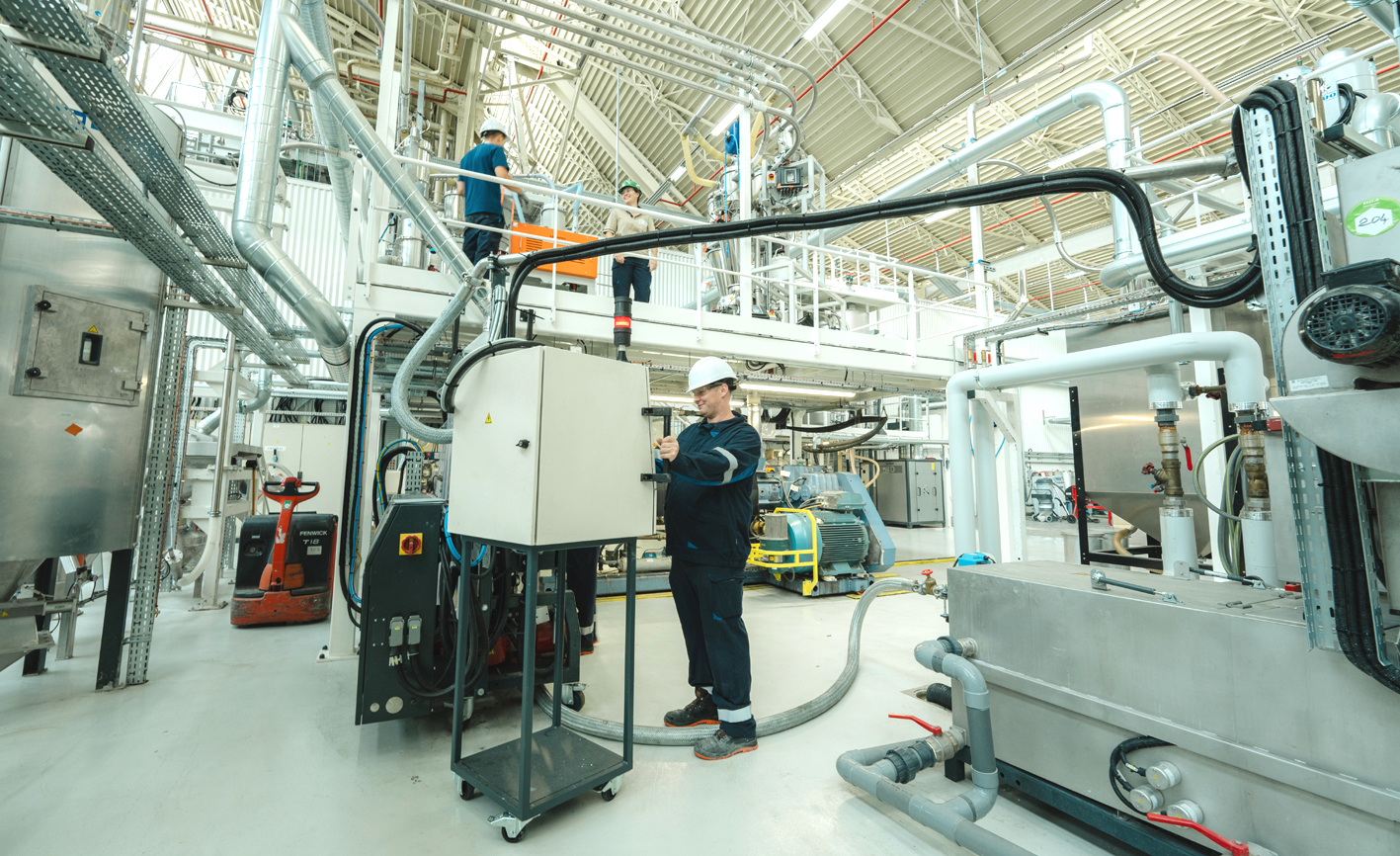
SASA invests $8.5 billion to become global polyester giant
In addition to positioning Turkey as a net exporter of polyester, company will pioneer enzymatic depolymerization.

2nd August 2024
Innovation in Textiles
|
Turkey
Turkey is to have its first enzymatic recycling plant for PET polyester in addition to becoming entirely self-reliant in the raw materials for polyester production due to the major investment plans of SASA.
A new $1.5 billion SASA Polyester plant for purified terephthalic acid (PTA) is poised to come on stream this year in Adana, with an annual capacity of 1,750,000 tons.
This will instantly position Turkey as a net exporter of polyester, rather than a net importer. SASA has pointed out that raw materials self reliance is how both South Korea and China strengthened, stabilised and significantly grew their textile industries.
In addition, SASA Polyester, which is owned by Erdemoglu Holding, plans to have a second $400 million PET polyester fibre plant operational before the end of this year at its Adana complex, adding a further annual capacity of 402,500 tons.
Now SASA has entered discussions with Carbios to licence a polyester biorecycling facility with an annual capacity of 100,000 tons that it will build and operate at the Adana site.
Carbios enzymatic depolymerization technology enables the efficient and solvent-free recycling of PET plastic and textile waste into virgin-like products and the French company has ambitious plans to become a leading technology provider in the recycling of PET by 2035.
The announcement with SASA follows another recent agreement with China’s Zhink Group, as a significant step in the international roll-out of the Carbios licensing model.
Valuable expertise
The success of the European Union’s Strategy for Sustainable and Circular Textiles is unthinkable without the significant involvement of Turkey’s textile industry, which is directly on Europe’s doorstep, as well as serving as the gateway to Asia.
It has the expertise and retained know-how in the production of both cotton and synthetic fibres, as well as extensive filament and fibre spinning that largely disappeared from the rest of Europe decades ago.

The EU’s idea that the infrastructure for the regeneration of its textile waste – around 7-8 million tons a year and promising to become a 35 million ton mountain by 2030 – will all take place within the bloc is optimistic at best and even if it rapidly emerges, this new raw material stream will quickly overwhelm local manufacturers.
As the EU’s nearest near-shore partner, Turkey is ideally positioned to lead the field in the conversion of fibre-to-fibre recycled materials into new products.
In fact, this is already happening, and it’s no surprise that many European machine builders are partnering with Turkey’s fibre and fabric manufacturers for the next big opportunity.
“With the creation of a major PET yarn and fibre manufacturing capacity on a European scale, we believe Turkey will play a pivotal role in the expanding textile market,” said Carbios CEO Emmanuel Ladent. “Partnering with SASA is a natural fit for our international ambitions for licensing our biorecycling technology and will contribute to a more circular and sustainable textile industry.”
“As a leading producer of polyester, it’s our duty to pave the way in terms of sustainability and environmental responsibility,” added SASA general manager Kemal Oz. “SASA needs to be a part of the recycling business and our partnership with Carbios reinforces our commitment to innovation to advance a circular economy for textiles.”

Business intelligence for the fibre, textiles and apparel industries: technologies, innovations, markets, investments, trade policy, sourcing, strategy...
Find out more